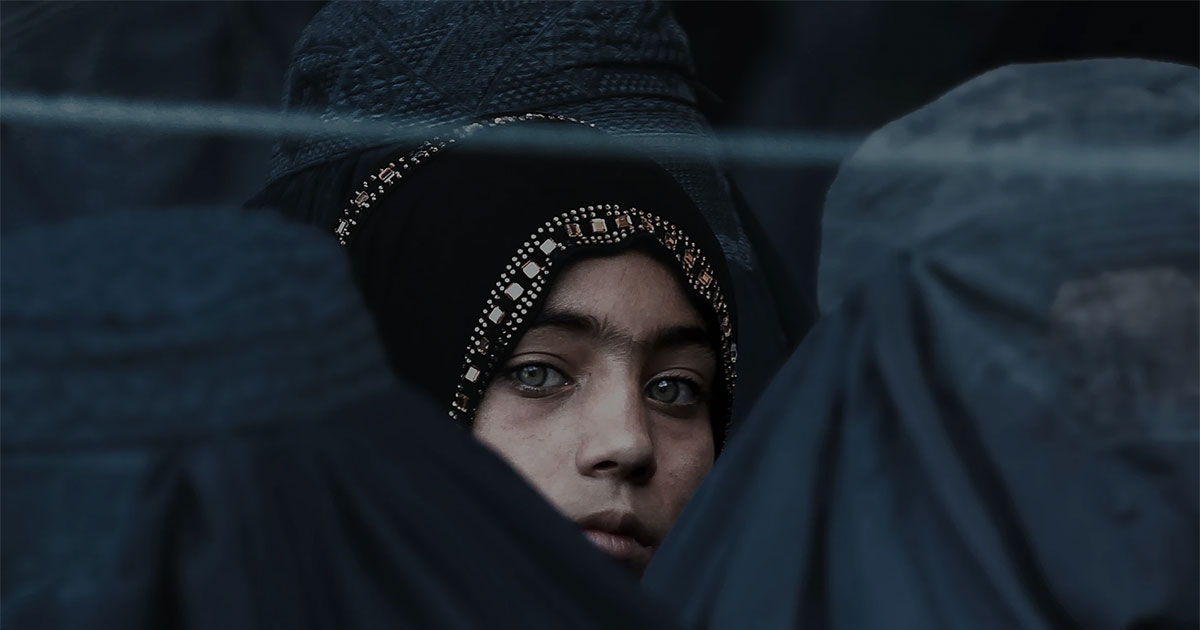The Taliban have ordered women attending private Afghan universities to wear face coverings.
AFP reported this latest rule policing women's bodies comes amid a slew of other diktats that have once again been introduced to effectively intervene in the private lives of at least half of Afghanistan's population.
What face covering means
The Taliban's lengthy document issued by its education authority stated that an abaya robe and niqab covering most of the face for women are required starting Monday, Sep. 6, as private universities reopen.
The only upside is that no order has been made for women to wear the all-enveloping burqa in the new regulations issued late on Sep. 4.
However, the niqab effectively leaves only the eyes exposed and covers most of the face.
The re-introduction of these coverings can be seen as a step back as burqas and niqabs were rarer sights over the last 20 years when the Taliban were driven out.
Face coverings for women are likely to make a comeback now.
Education opportunities for girls and women in Afghanistan beaten back
The multiple new rules apply to private colleges and universities, which have mushroomed since the Taliban's first rule ended in 2001.
During the previous Taliban rule up until 2001, girls and women were mostly excluded from education.
Rules then, which were highly impractical, required same-sex classrooms and for girls and women to be accompanied by a male relative whenever they left the house.
Other rules to police women's bodies
The latest rules also dictate that female students be taught only by other women, but if that was not possible, then "old men" of good character could fill in.
This could put girls and women at a further disadvantage as there are not as many female instructors around.
Classes must also be segregated by sex or at least divided by a curtain.
Men and women have been told to use separate entrances and exits.
And women are made to perform the subservient role.
Another new rule stated that women must also end their lesson five minutes earlier than men to stop them from mingling outside.
The decree issued by the Taliban higher education ministry also stated that women must stay in waiting rooms until their male counterparts have left the building.
More accommodating to women this time?
Afghanistan's new rulers have pledged to be more accommodating this time than the previous stint in power following the Soviet invasion of 1979, and then a bloody civil war.
But these latest measures harken back to an earlier time where widespread oppression was carried out in the name of establishing a religious fundamentalist state.
The new Taliban, as they would like to be known, have promised a more "inclusive" government that represents Afghanistan's complex ethnic makeup.
Women, predictably, are unlikely to be included at the top levels.
Top photo via Unsplash
If you like what you read, follow us on Facebook, Instagram, Twitter and Telegram to get the latest updates.
